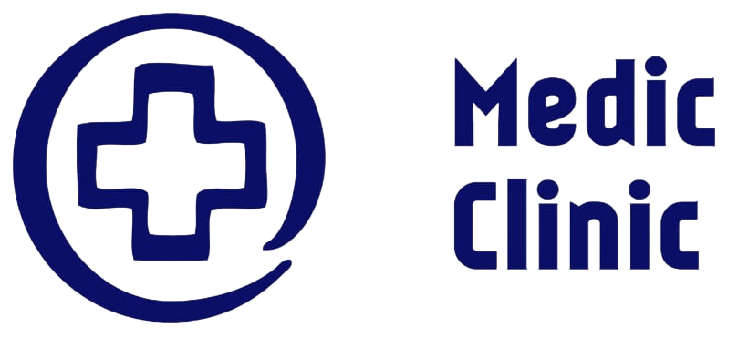Nutrition
Nutrition is the science that studies nutrients and metabolic processes that occur in the human body. It is important for maintaining general health and well-being, as well as preventing disease.
Nutrients are substances present in foods that the body needs to function properly. There are 6 main types of nutrients: carbohydrates, proteins, fats, vitamins, minerals and water. Each of these plays an important role in the body, and it's important to get a variety of them in your diet.
Nutrition is important at all stages of life, from fetal development to old age. It is important to choose nutritious foods and eat a balanced diet to maintain overall health. Some factors, such as exercise and genetics, can also affect a person's nutritional needs. Nutritional assessment and advice from a qualified healthcare professional can help ensure you are getting the nutrients you need to stay healthy.
Some most common diseases that nutritionists take care of
Dietitians can treat a wide variety of nutrition-related illnesses and conditions. Some of the most common illnesses that dietitians treat include:
- Overweight and obesity: Dietitians can help people lose weight and prevent obesity through diet and lifestyle changes.
- Heart disease: Dietitians can help people control cholesterol, blood pressure, and other risk factors for heart disease through dietary changes.
- Diabetes: Dietitians can help people manage type 1 or type 2 diabetes through dietary changes and medication use.
- Digestive problems: Dietitians can help people deal with digestive problems, such as irritable bowel syndrome and celiac disease, through dietary changes.
- Liver diseases: Dietitians can help people manage liver diseases, such as cirrhosis and non-alcoholic fatty liver disease, through dietary changes.
- Kidney diseases: Dietitians can help people manage kidney diseases, such as kidney failure, through dietary changes and medication use.
- Eating disorders: Dietitians can help people deal with eating disorders, such as anorexia, bulimia, and orthorexia, through therapy and dietary changes.
- Cancer diseases: Dietitians can help people deal with the side effects of cancer treatments, such as weight loss and fatigue, through dietary changes.
Specialist doctor
Accurate diagnosis
Affordable prices
Why should I look for a nutritionist?
There are many reasons why you might want to see a nutritionist. Some of the main reasons include:
- Healthy Eating: A nutritionist can help you create a healthy eating plan that meets your nutritional needs and health goals.
- Specific illnesses: If you have a medical condition, such as diabetes or celiac disease, a dietitian can help you manage that condition through diet.
- Weight loss: A nutritionist can help you create a healthy, sustainable weight loss plan that works for you.
- Weight gain: If you're trying to gain weight in a healthy way, a nutritionist can help you create an eating plan that helps you reach your goals.
- Sports: If you are active or play sports at a higher level, a nutritionist can help you understand your body's specific nutritional needs and how to meet them to achieve peak performance.
Seeing a nutritionist is a great way to ensure you are eating a healthy and balanced diet, regardless of your health or physical activity goals.

Schedule your appointment easily

1.
Online agenda
2.
Schedule via whatsapp
3.
Telephone schedule
4.
We are ready to serve you
What people say about us




